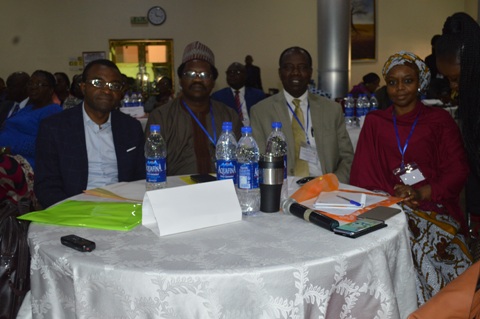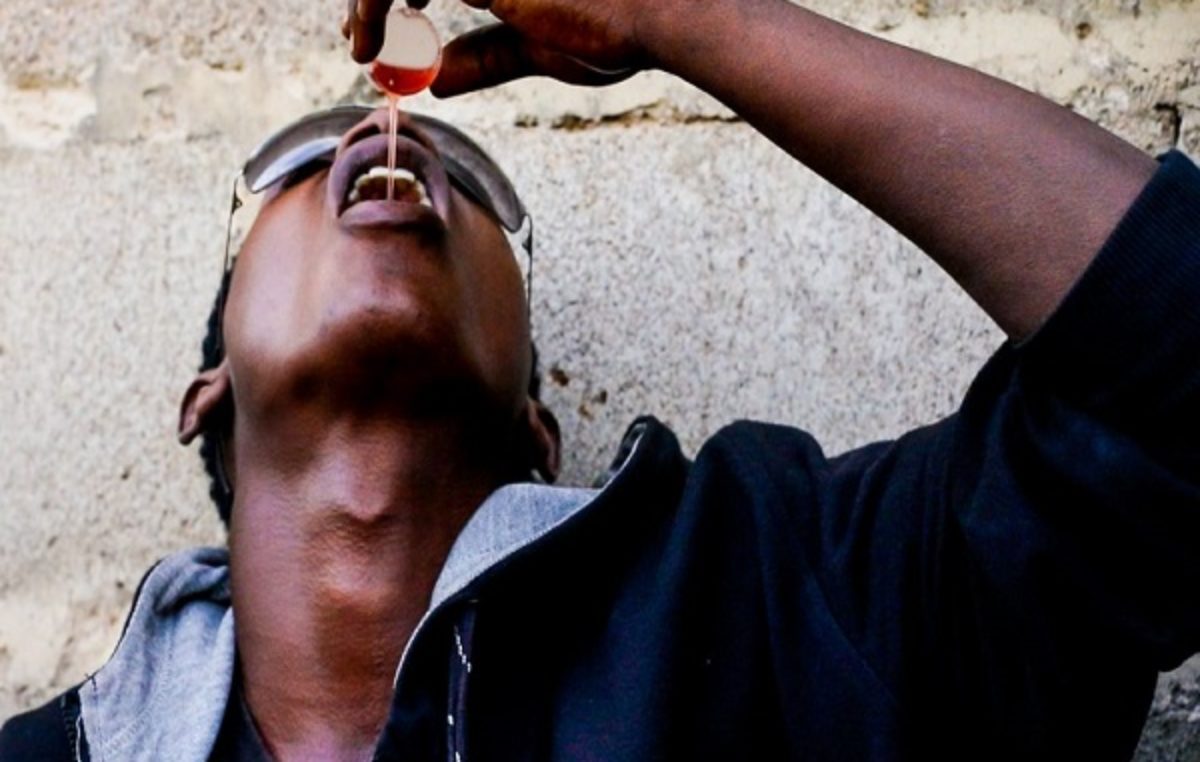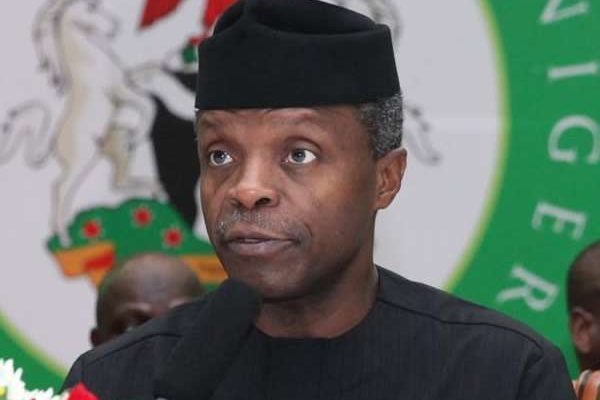Medicalising Female Genital Mutilation Rollback Gains In Fight To Halt Practice -FG
The Minister of Health, Prof. Isaac Adewole, said medicalisation of Female Genital Mutilation (FGM), was one of the major bottlenecks of the achievements in the fight to end the negative practices.
The minister said this during the stakeholders meeting on curbing medicalisation of FGM warning thatstiff sanctions for erring medical personnel in Nigeria would soon be enforced.
He spoke at a sensitisation meeting organised by the University of Ibadan Centre for Reproductive Health in collaboration with UN Population Fund and Federal Ministry of Health.
The minister, represented by Dr Kayode Afolabi, Director Family Health in the ministry, said some people believed that once the FGM was done by a medical professional it was acceptable.
He said it was time to commit resources and time to curb the practice of FGM being medicalised and urged key stakeholders to take the message to their various networks, to enhance awareness on the issue.
Dr Eugene Kongnyuy, Acting Country Representative, UN Population Fund (UNFPA), commended the Federal Ministry of Health for leading the cause in the fight to eliminate FGM in Nigeria.
“The magnitude of FGM in Nigeria is shocking because Nigeria constitutes 10 per cent of the globall FGM borden as out of 200 million women with FGM globally, Nigeria accounts for 20 million.
“25 per cent of women in Nigeria have had FGM and that is very shocking to me,’’ he said.
He said these numbers referred to women who were suffering from short to long term effect of FGM; who are suffering the physical, psychological and social effects of FGM.
He added the figures also refer to the number of women who have infertility, hemorrhage and infections because of FGM and these numbers of women were not able to fulfill their sexual and reproductive health rights.
The scribe said it was shocking to realise that 12.7 to 13 per cent of the FGM cases in Nigeria were done by health professionals; which is unacceptable.
He added that UNFPA was working with partners to domesticate the Violence Against Person Prohibition Act (VAPP) in all states of the federation.
He said the domestication was to ensure that whoever does such act (FGM) aided or abetted in the act would be answerable to the court for appropriate sanction.
“UNFPA reiterates its commitment to have FGM eradicated in Nigeria by 2030,’’ he said.
Prof. Oladosu Ojengbede, Director Centre for Population and Reproductive Health, University of Ibadan, noted that the culture of silence had negatively affected the sanctions for the erring people who administer Female Genital Mutilation (FGM).
He said about 11 states in Nigeria had laws banning FGM .
Ojengbede said the non-domestication of the laws across all states of the federation made it more difficult to enforce sanctions on the erring medical personnel engaged in medicalising FGM.
He, therefore, advocates for multi-sectoral efforts to end FGM in Nigeria especially in the five states with the high burden of the problem, which are Oyo, Osun, Ekiti, Imo and Ebonyi states.




